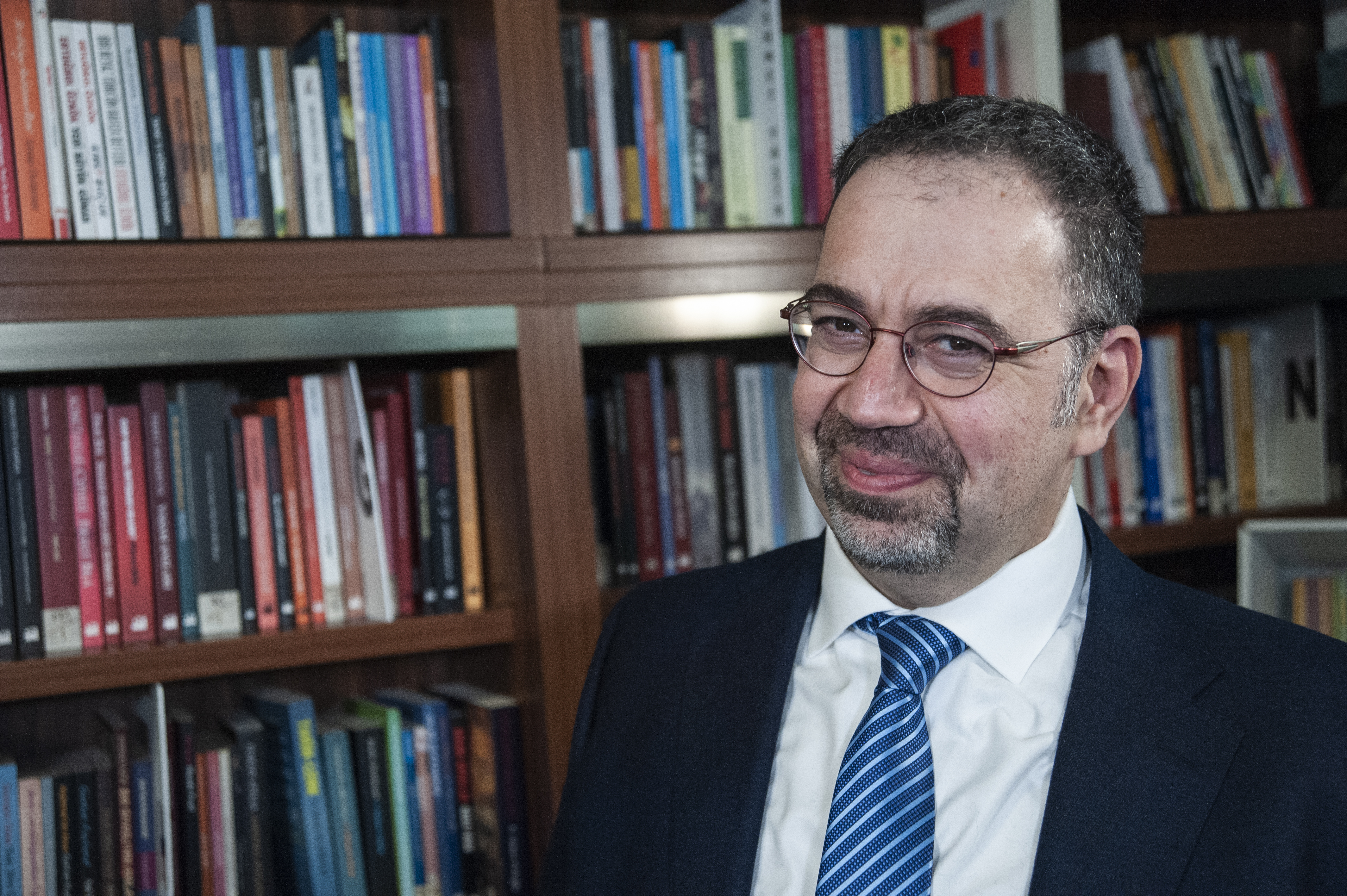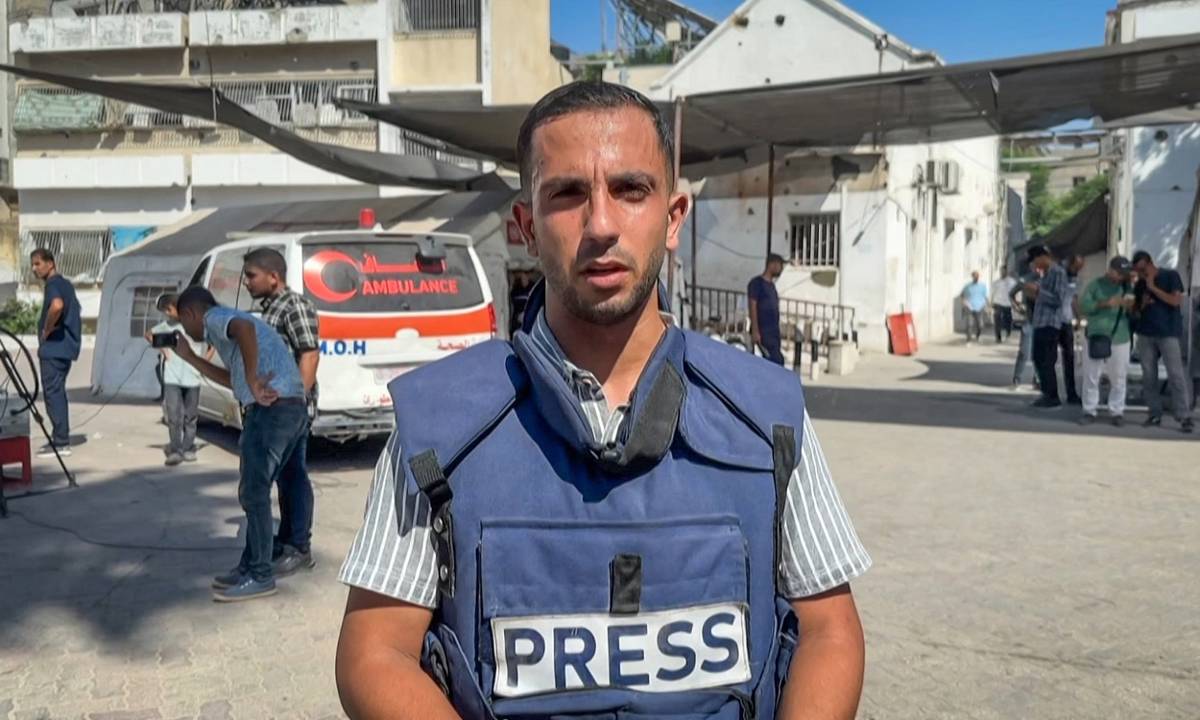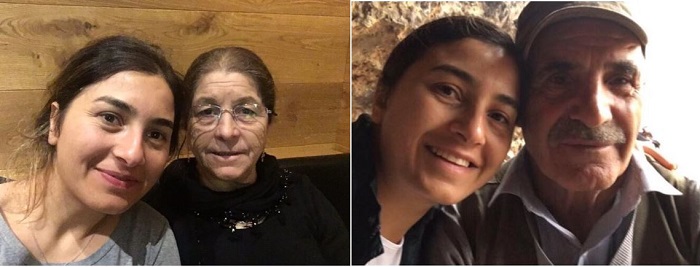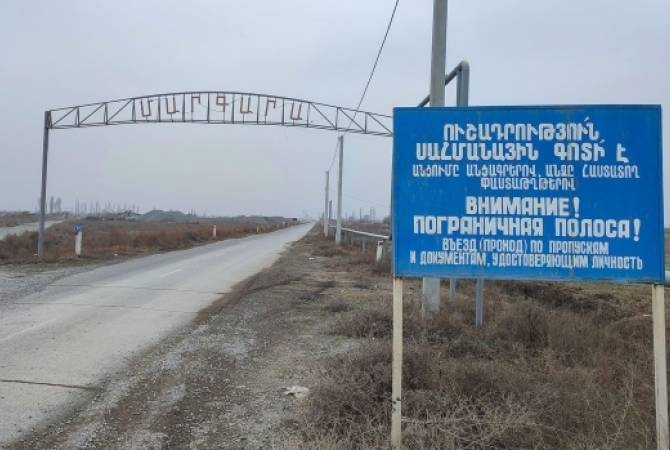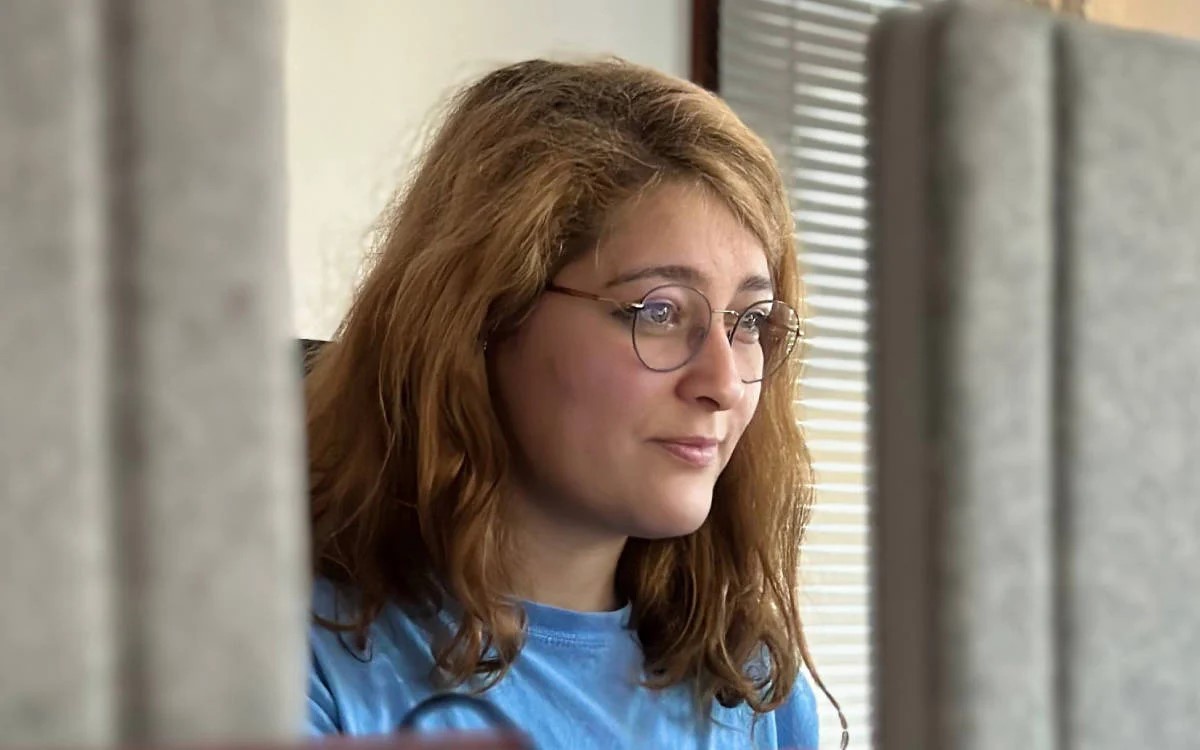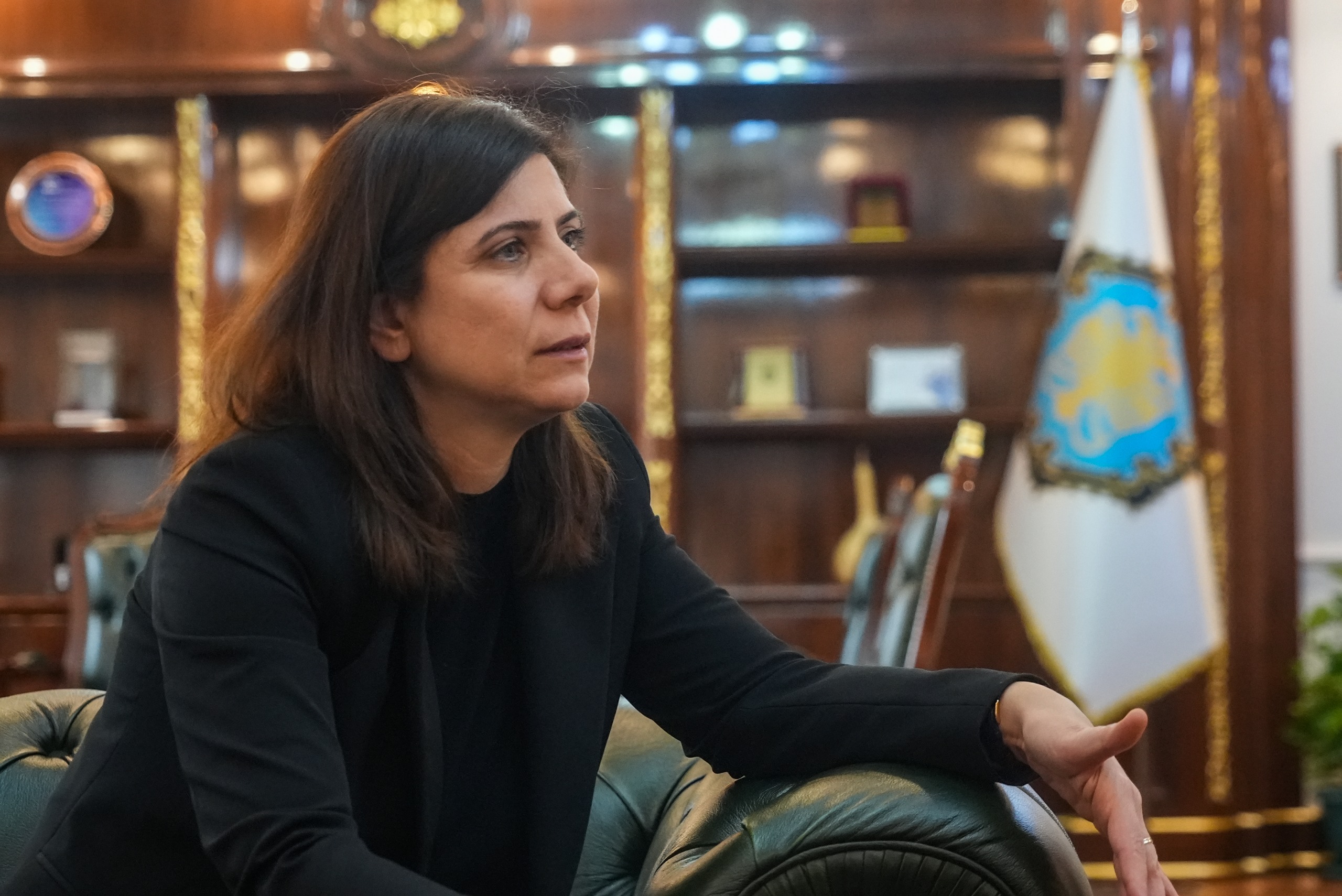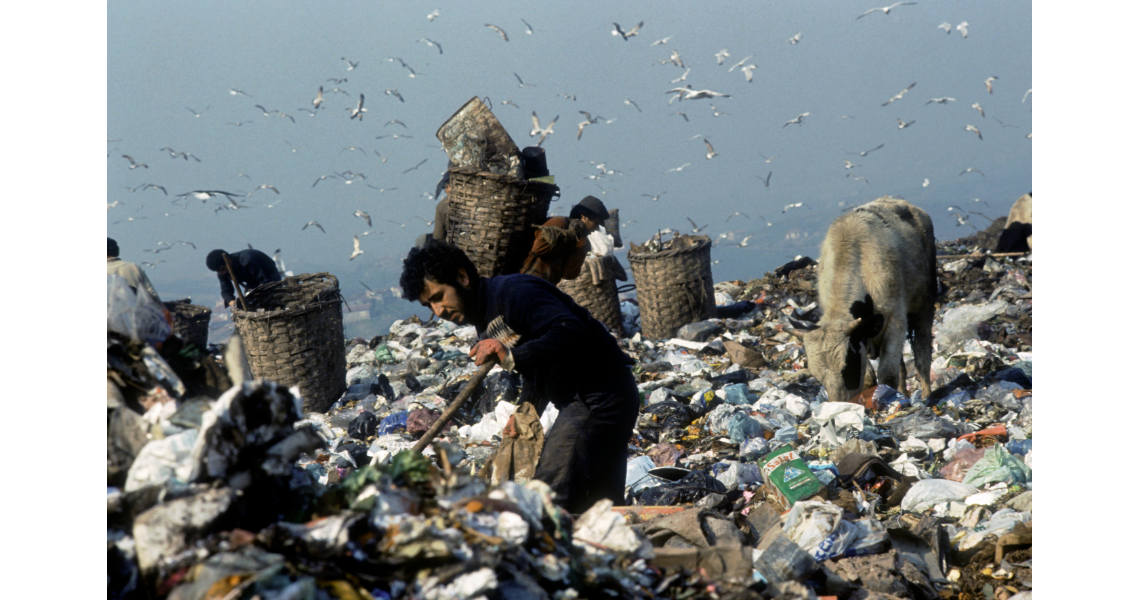NEWS
PKK says it is withdrawing all forces from Turkey to northern Iraq
The militant Kurdistan Workers’ Party (PKK) said on Sunday it was withdrawing all its forces from Turkey to northern Iraq and urged Ankara to take the necessary legal steps to protect the peace process.
Statement from Daron Acemoğlu to Agos: I am not working with any party in Armenia or Turkey
At the latest meeting organised by the ‘Our Way's’ movement, founded by Russian oligarch Samvel Karapetyan and currently in the process of becoming a political party, a video message sent by Nobel Prize-winning economist Daron Acemoğlu was shared, stating that Acemoğlu would be advising the movement. Acemoğlu told Agos, ‘I sent a message for their conference, but I have no connection with the party.’
The Journalists Were Murdered
Since 7 October, six journalists had been working under harrowing conditions to expose the massacre in Gaza. On 10 August, they were killed inside a media tent in a deliberate Israeli airstrike, which Israel confirmed had been planned. While the world remains silent, Gaza’s journalists continue their mission—to be the voice of the voiceless and to bear witness to the truth, no matter the cost.
Daughter of Hurmüz Diril, missing for five years: Our demand for justice is an urgent necessity to be met
Şimuni Diril, a Chaldean couple believed to have disappeared in the village of Mehre in Şırnak on January 7, 2020, was found murdered by their children on March 17. Hurmüz Diril, who turns 76 today, has been missing for five years. His daughter, Gülcan Diril Üzümcü, said, "My father's age remains 71. This is murder, and my father is missing. I do not accept its normalization. As Assyrians and Chaldeans, meeting our demand for justice is not a favor, but an urgent necessity."
Silivri for beginners
We are Silivri's mandatory visitors. For now, some of us, but potentially all of us. Although we cannot fully know or understand what our loved ones in prison are going through, there is one thing we have learned through experience: what it means to be an intimate of a prisoner. And I quickly learned the number one rule of being an intimate of a prisoner: to wait.
Zoryan Institute responds to İYİ Party's proposal to name border gate after Talat Pasha: “Why not name it after Hrant Dink?”
İYİ Party (Nationalist opposition party) in Turkish Grand National Assembly) Chairman Müsavat Dervişoğlu and 28 İYİ Party members submitted a bill to the National Assembly proposing that the name of the Alican (Margara) Border Gate on the Turkey-Armenia border be changed to “Talat Pasha Border Gate.” The Zoryan Institute, responded to the proposal and put forward a new suggestion.
Armenia “talks Turkiye” in new diplomatic offensive
Not to say that the normalization process will be smooth, especially as Turkiye remains hostage to Azerbaijan in terms of options. Yet normalization between Armenia and Turkiye was never supposed to be that easy or that quick. And after all, look at how far the two sides have already come. This offers a degree of hope and optimism.
Journalist Tuğçe Yılmaz Faces Charges Under Article 301 for Interview with two Armenian Youths
biianet website editor Tuğçe Yılmaz, who was detained for one day explanation, is now facing prosecution under Article 301 of the Turkish Penal Code over an interview she conducted with two Armenian youths on April 24 last year, marked globally as Armenian Genocide Remembrance Day.
Serra Bucak: Trusteeship practices are taking away the right to participation of city components
Following the 3-year and 9-month prison sentence given to Van Metropolitan Municipality Co-Mayor Abdullah Zeydan, another DEM Party municipality was appointed a trustee. Diyarbakır Metropolitan Municipality also faced two trustee appointments in 2016 and 2019. We spoke to Serra Bucak, Co-Mayor of Diyarbakır Metropolitan Municipality, about the social and political consequences of the trusteeship practices after Zeydan was sentenced to prison. Regarding the trustee appointments, Bucak said, ‘Even though the government persistently and stubbornly does not learn lessons from undemocratic methods, the people have always said and will say, 'No matter what you do, we are on the side of the just struggle.' The government must now digest and accept the will of the people and give up these anti-democratic practices."
"I want to hand over this archive and be liberated”
Political documentary photographer Ali Öz, as he calls himself, is not currently working for a publishing organisation. But for a very long time, he has not needed a contract to record Turkey's social and political life. Ali Öz's photographic archive is full of images documenting the story of labour and at the same time recording all kinds of social actions in almost fifty years of Turkey's history. For Öz, who sees journalism not as a job, but as the main endeavour at the centre of his life, which motivation weighs more heavily: political responsibility, professional appetite or the desire to document?



